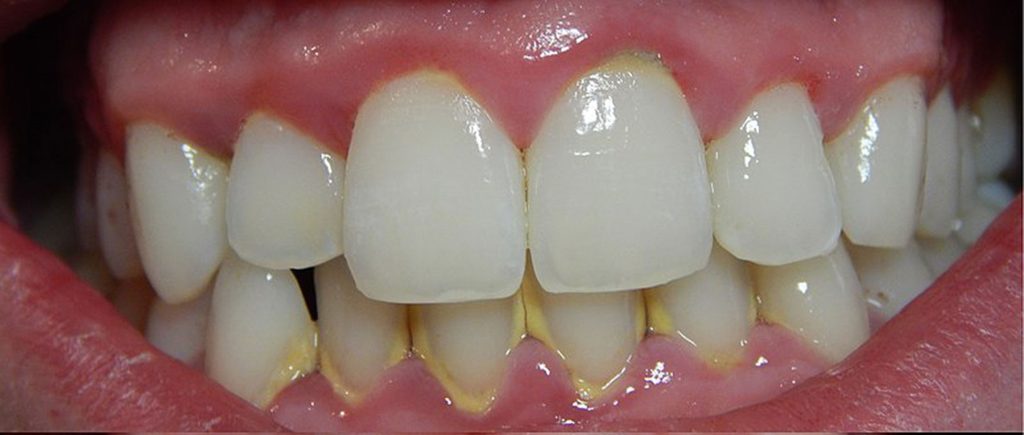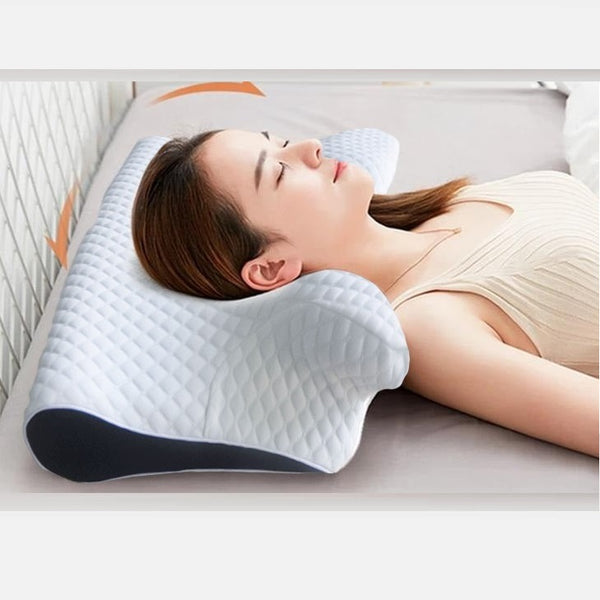How To Use Linzess For Weight Loss
How To Use Linzess For Weight Loss In the realm of digestive health, Linzess (generic name: linaclotide) shines as a beacon of hope for those grappling with irritable bowel syndrome with constipation (IBS-C) and the enigmatic condition known as idiopathic constipation (CIC). Idiopathic, in medical terminology, points to the unknown origins or causes of a condition. It is important to note that Linzess is not suitable for children under the age of six due to the potential for serious side effects. Furthermore, the efficacy and safety of Linzess in individuals under 18 years old have yet to be established, making it a prescription-only medication.
Unraveling the Versatility of Linzess
Linzess is a versatile pharmaceutical marvel, offering relief for a spectrum of gastrointestinal maladies. Here’s how it contributes to digestive well-being:
- Irritable Bowel Syndrome with Constipation (IBS-C): Linzess comes to the aid of those wrestling with the discomforts of IBS-C. By increasing fluid levels in the intestine, it fosters the movement of food through the digestive tract. This not only reduces abdominal pain, straining, and bloating but also offers respite from the disconcerting sensation of incomplete bowel movements.
- Chronic Idiopathic Constipation: Linzess steps in where the origins of constipation are shrouded in mystery. By encouraging fluid retention in the intestines, it provides relief from the clutches of chronic constipation, helping to regulate bowel movements and alleviate associated symptoms.
The Symphonic Side Effects
No medication is without its accompanying symphony of side effects, and Linzess is no exception. Among the common and conspicuous side effects are:
- Gas Formation: Increased gas production can occur during Linzess usage.
- Diarrhea: Loose stools and increased bowel movements are not uncommon.
- Bloating: Some users may experience abdominal bloating.
- Stomach Pain: Abdominal discomfort may arise.
- Discomfort in Abdominal Areas: Unpleasant sensations in the abdominal region can occur.
- Distention: A sense of pressure in the abdominal area may be felt.
- Rashes or Itching: Skin reactions, including itching and rashes, can manifest.
- Swelling in Throat, Tongue, Face: Allergic reactions may lead to swelling of the throat, tongue, or face.
Read More : What Is Woe Diet
However, it’s crucial to be aware of the potential for more severe side effects, including:
- Diarrhea with Severe Dizziness: If diarrhea is accompanied by severe dizziness, medical attention is imperative.
- Light-headedness: Feeling light-headed should not be ignored.
- Feeling Unsteady: Any sense of instability should be taken seriously.
- Acute Leg Cramps: Sudden and severe leg cramps may occur.
- Irregular Heartbeats: Any irregularities in heartbeats require medical assessment.
- Muscle Weakness: Noticeable muscle weakness should prompt a medical consultation.
- Bright Red, Bloody, and Black Stools: The appearance of such stools necessitates immediate medical attention.
It is of paramount importance to exercise extreme caution when using Linzess. Consultation with medical professionals, such as those at Yashoda Hospitals, is highly recommended to ascertain appropriate dosages and necessary precautions.
Frequently Pondered Questions about Linzess
- Can You Take Linzess at Night?
The optimal time for Linzess consumption is not during the nighttime. It is advisable to take Linzess in the morning, ideally on an empty stomach, about half an hour before breakfast. Ingesting Linzess with food may increase the likelihood of gastrointestinal side effects, including gas, diarrhea, and abdominal pain. - How to Take Linzess?
Linzess is administered orally, to be swallowed as a whole capsule. Chewing or breaking the capsules should be avoided. It is recommended to take this medication early in the morning on an empty stomach. For optimal results, Linzess is typically prescribed for consumption 30 minutes before the first meal of the day. - Is Amitiza or Linzess Stronger?
Both Amitiza and Linzess find application in treating CIC and IBS-C. Both are prescription medications and have demonstrated similar effectiveness in mitigating constipation and promoting bowel movements. Amitiza capsules are available in strengths of 8 and 24 mcg. In contrast, Linzess capsules, available in strengths of 72, 145, and 290 mcg, are consumed once daily. - Can I Take Linzess Every Other Day?
Linzess is most effective when taken daily. Consistent daily use typically results in constipation relief within about a week. Unlike over-the-counter laxatives, which are used on an as-needed basis, Linzess is designed for daily consumption to ensure more consistent and reliable relief. - Can I Take Linzess with Other Medications?
Linzess can generally be safely taken in conjunction with other medications. No significant interactions have been reported between Linzess and other commonly prescribed drugs. However, certain laxatives, such as magnesium citrate, sodium phosphate, and polyethylene glycol, should be avoided while using Linzess, as they may increase the risk of diarrhea.
Read More : When To Walk Away From Someone With Mental Illness
For comprehensive insights into Linzess, including its side effects, appropriate dosages, precautions, and applications, consultation with experts is strongly encouraged.




